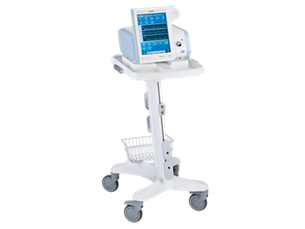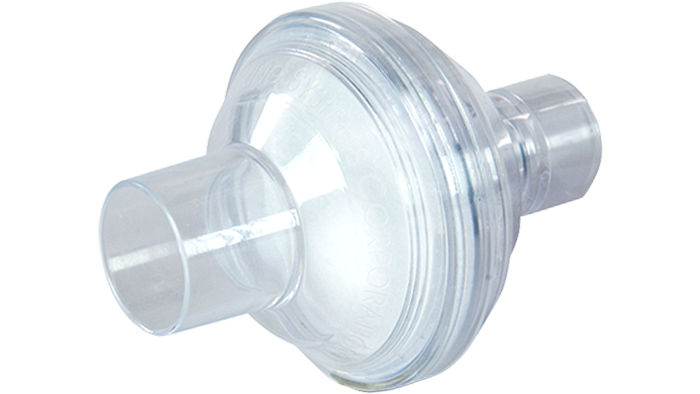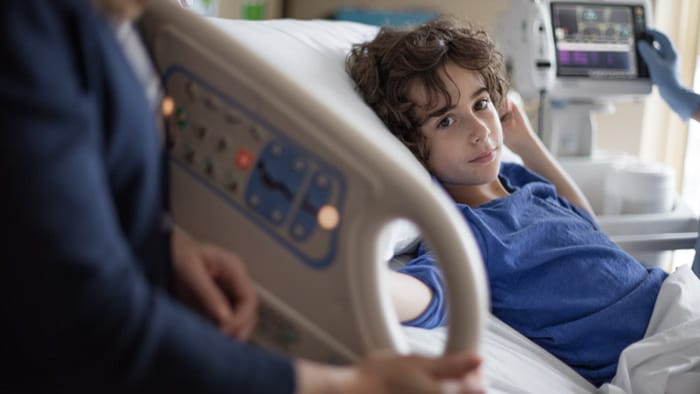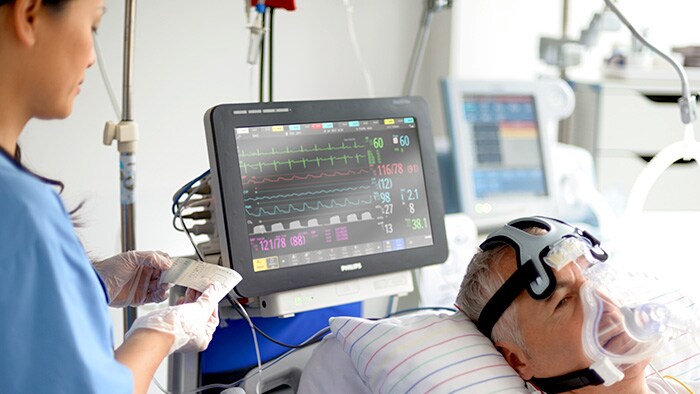Ventilated patients in acute care settings rely on you for every breath they take. That’s why you need advanced, versatile and easy-to-use ventilators that can quickly assess and respond to each patient’s changing condition. Philips hospital respiratory care solutions can help you continually evaluate each patient’s response to treatment so you can make fast, smooth transitions that accelerate their pathway to natural breathing.

Be successful in NIV
NIV has become an increasingly integral tool in the management of respiratory failure.
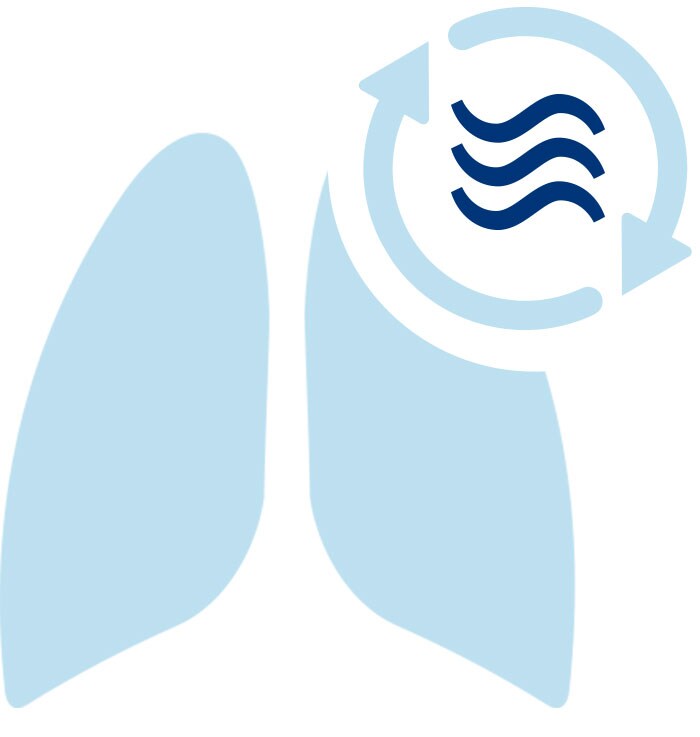
Advanced patient-ventilator synchrony
Auto-Trak technology is designed to address the specific challenges of noninvasive ventilation. By providing auto-adaptive leak compensation, inspiratory triggering and expiratory cycling, Auto-Trak delivers optimal synchrony in the face of dynamic leak and changing patient demand. In one study, Philips Auto-Trak was shown to deliver the highest level of ventilator synchrony,1 a quality directly linked to an improved patient experience.
Hospital ventilation
Supporting ease of ventilator use
Streamline workflow to accelerate care delivery
Philips ventilators are designed to be easy to use and simple to maintain. The intuitive, graphical user interfaces and menus are created to simplify ventilator set-up and boost productivity. Advanced, automated features, such as mask auto-calibration, can save time, and built-in monitoring alerts you to patients’ changing conditions. Together, these advances can help to improve workflow.
Helping transition patients home
Patients who learn about their obstructive sleep apnea in the hospital can ease their transition to home by learning to use the V30 Auto while they are in the hospital.
Related solutions
-
![Early Warning Scoring]()
Early Warning Scoring
Click to learn more -
![Continuous patient monitoring systems]()
Continuous patient monitoring systems
Click to learn more -
![Ventilation]()
Ventilation
Click to learn more

Need service solutions designed for you?

Looking for clinical education and training?
References 1. Carteaux C, Lyazidi A, Cordoba-Izquierdo A, Vignaux L, Jolliet P, Thille AW, Richard J, Brochard L. Patient-ventilator asynchrony during noninvasive ventilation: A bench and clinical study. Chest. 2012;142(2):367-376.
